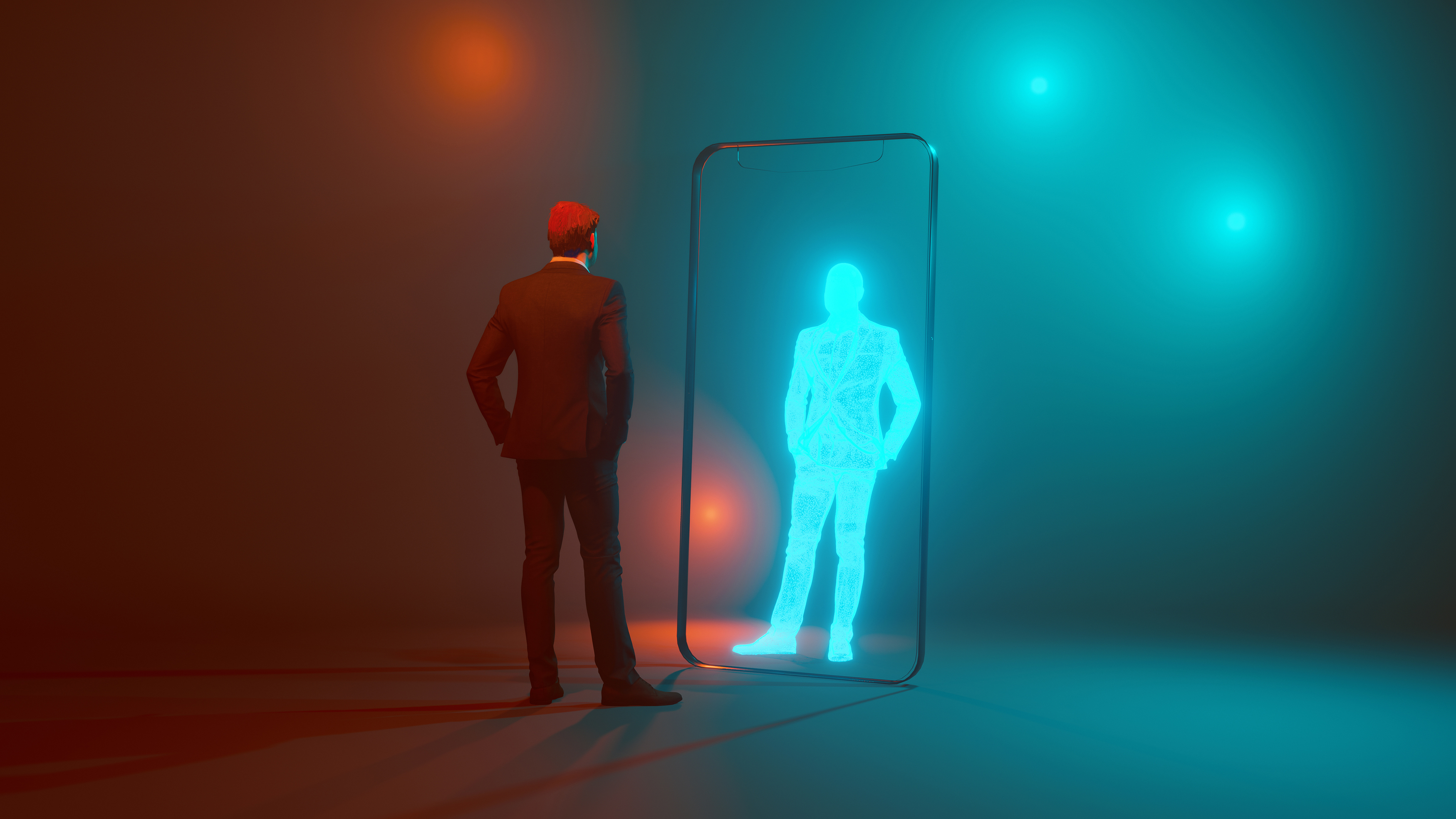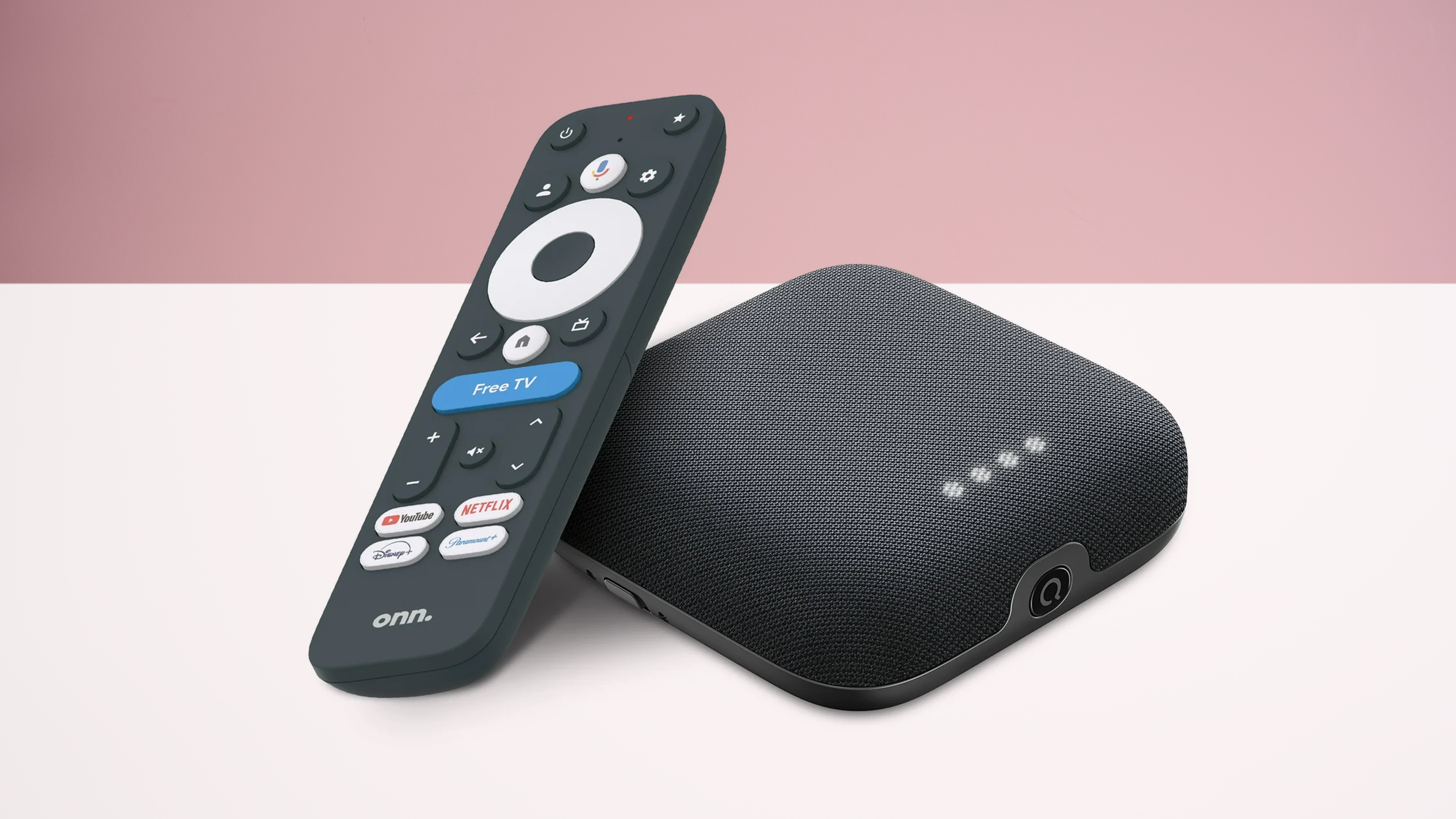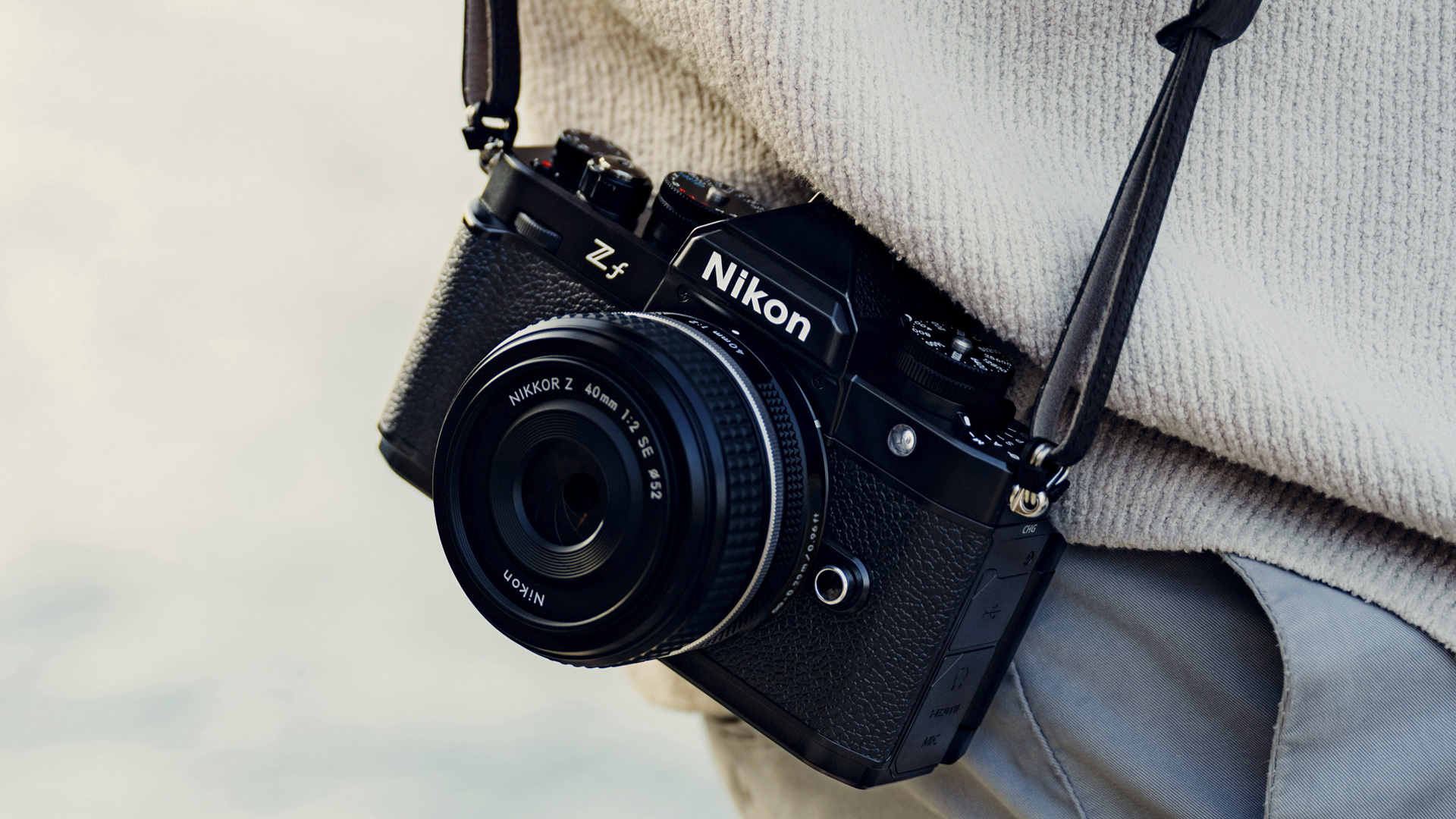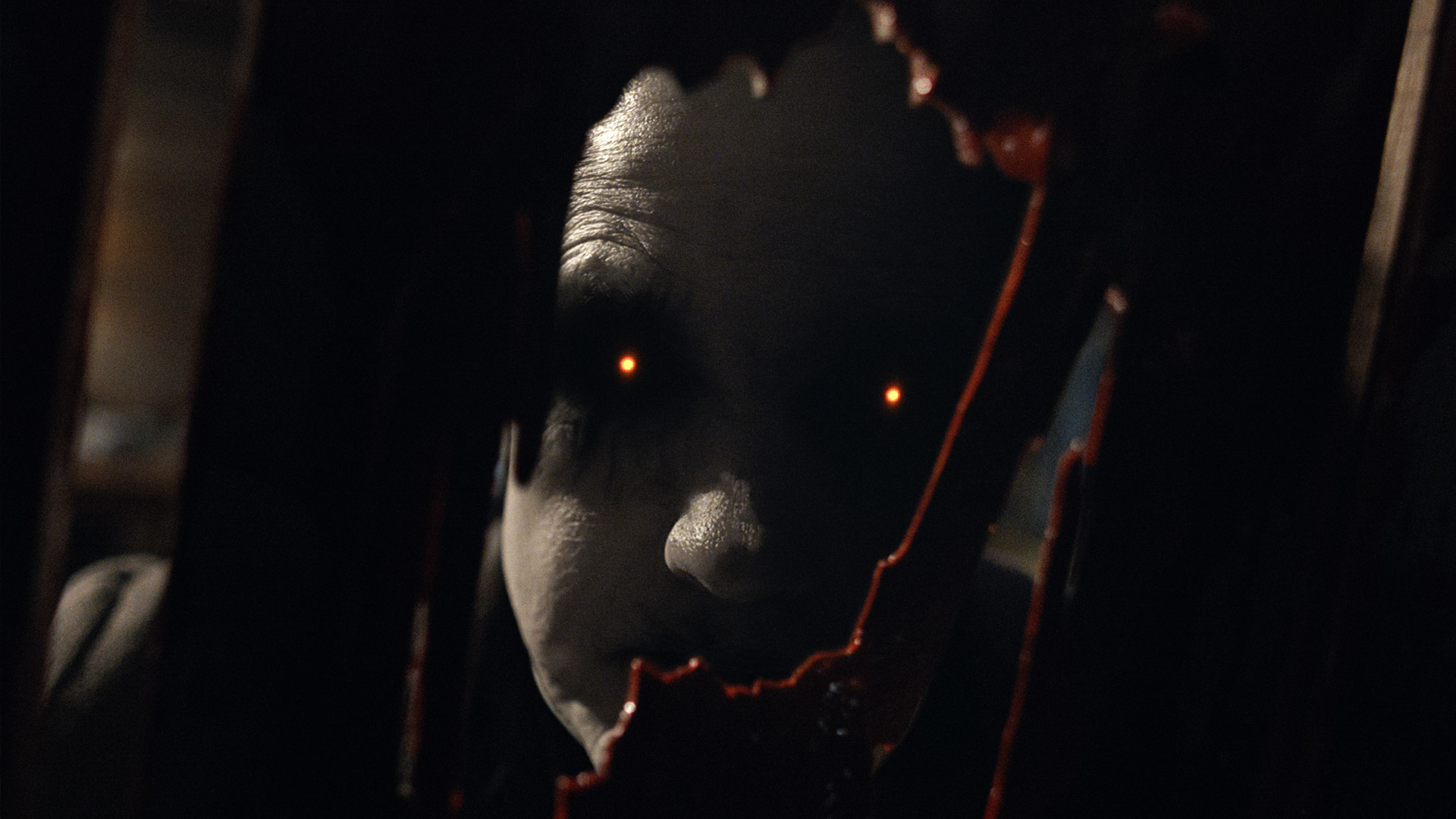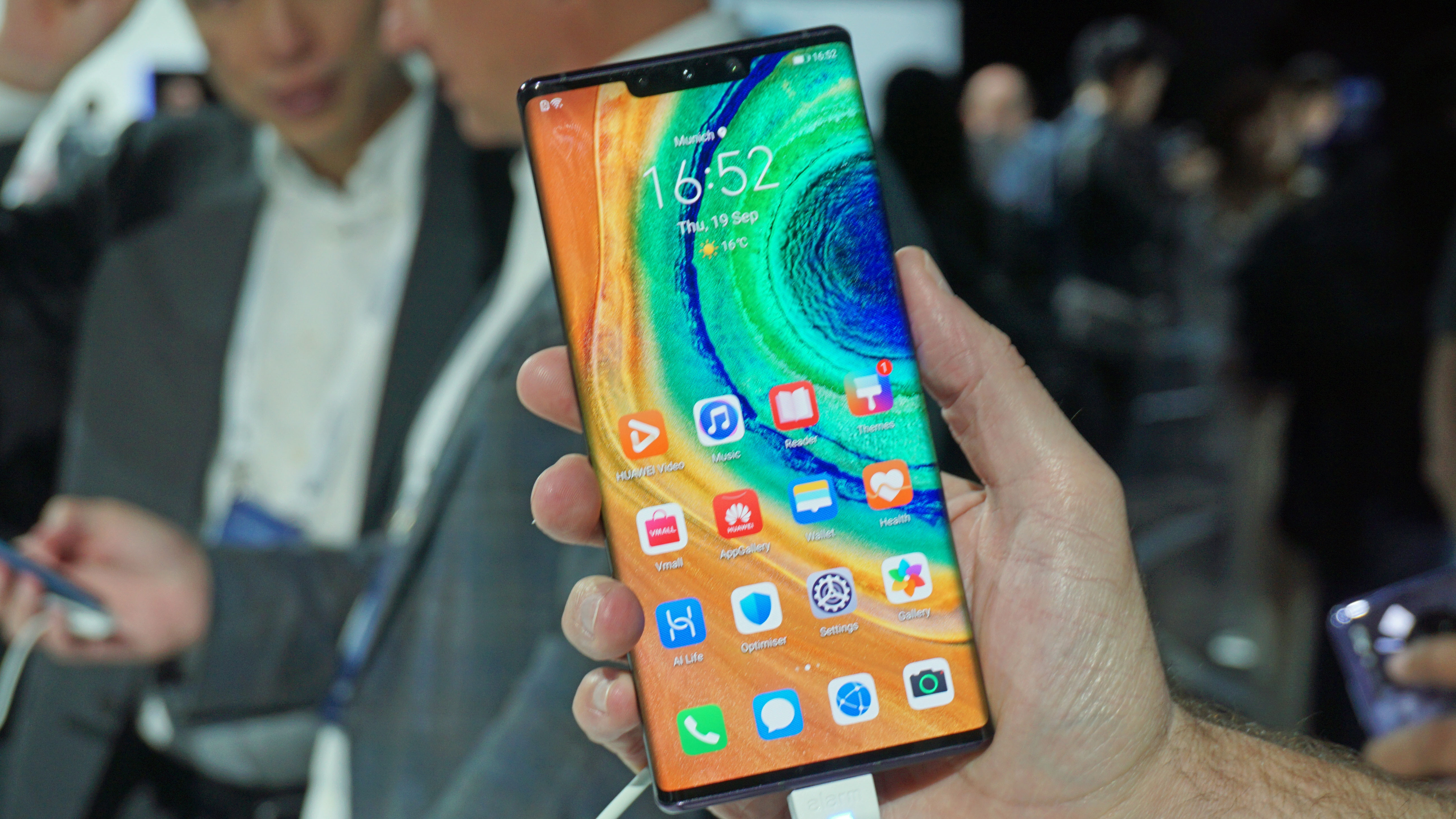TachyHealth unveils AI-based radiology solution to detect Covid-19 disease
Dubai-based tech startup aims to enhance diagnosis of patients and meet the growing demand for radiology services
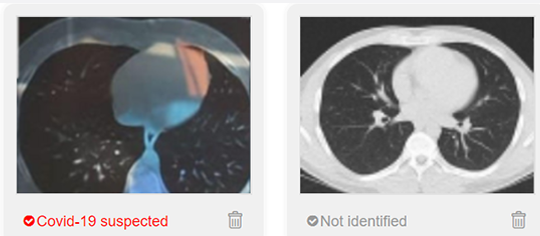
Dubai-based healthcare startup TachyHealth has unveiled an artificial intelligence radiology solution- AiRay- to assist in the detection of the novel coronavirus disease.
The startup has been working on the research and development of this deep learning model for two months using 805 images of laboratory-confirmed Covid-19 chest Computed Tomography images to achieve a validated real-life accuracy performance of 88%.
The computer-vision model is based on a pre-trained very deep neural network with several hidden layers optimised and based on Imagenet dataset which contains millions of images with several hundred categories.
Dr. Osama AbouElkhir, CEO of TachyHealth, said that AiRay is part of the team’s efforts to utilise the power of AI, cloud computing and machine learning to enhance the diagnosis of patients amid the pandemic and boost the ability of the healthcare system to meet the growing demand for radiology services.
Moreover, he said that AI plays a significant role in the current and future radiology practice by leveraging the capabilities of the machine and to meet the needs of the radiologists, technologists, and the wider healthcare professionals.
“The free diagnostic tool will be especially beneficial in geographical areas where the radiologists are in shortage and being overwhelmed by the interpretation of the CT scans. This initial cloud release was designed not to store any confidential information but to ensure patient safety and confidentiality. The model has achieved a satisfactory performance for the current emigrant situation with a very strong capability for future improvement when more data is available.
“We followed a rigorous method to build our AI model following the latest studies and guidelines including those of the Radiological Society of North America (RSNA), Royal College of Radiologists (RCR), European Society of Radiology (ESR), and the UK Surgical Royal Colleges, amongst others. There is a growing body of evidence supporting the role of the CT in the assessment of patients with severe respiratory distress and for aiding the diagnosis of Covid-19 in persons under investigation,” he said.
Are you a pro? Subscribe to our newsletter
Sign up to the TechRadar Pro newsletter to get all the top news, opinion, features and guidance your business needs to succeed!
Opening doors for collaboration
TachyHealth is opening the doors for collaboration with researchers, hospitals, universities, and radiology centres to further improve the model from both radiological and machine learning perspectives.
“We believe the model should be viewed as an assistant (computer-aided) rather than replacement or substitution to professional radiological practice. We keep improving the model’s performance as more data is collected daily as well as fine-tuning the architecture of the model,” Ahmed Sahlol, head of AI research at TachyHealth, said.
He said that they have collected the images from credible evidence, studies and resources to create a heterogeneous dataset that encompasses a wide array of images from different hospitals, axial cuts, CT machine, patient positions, patient demographics (age, gender), and clinical conditions.
“We minimised the bias in the algorithm by training the model on raw (real world) images instead of carrying out a heavy cleaning and pre-processing on the dataset. So, our model achieved both, reality and acceptable efficiency. This was performed because we wanted the model to be used in real-world scenarios instead of performing exceptionally well in a laboratory-controlled setting and very poor afterwards,” he said.


